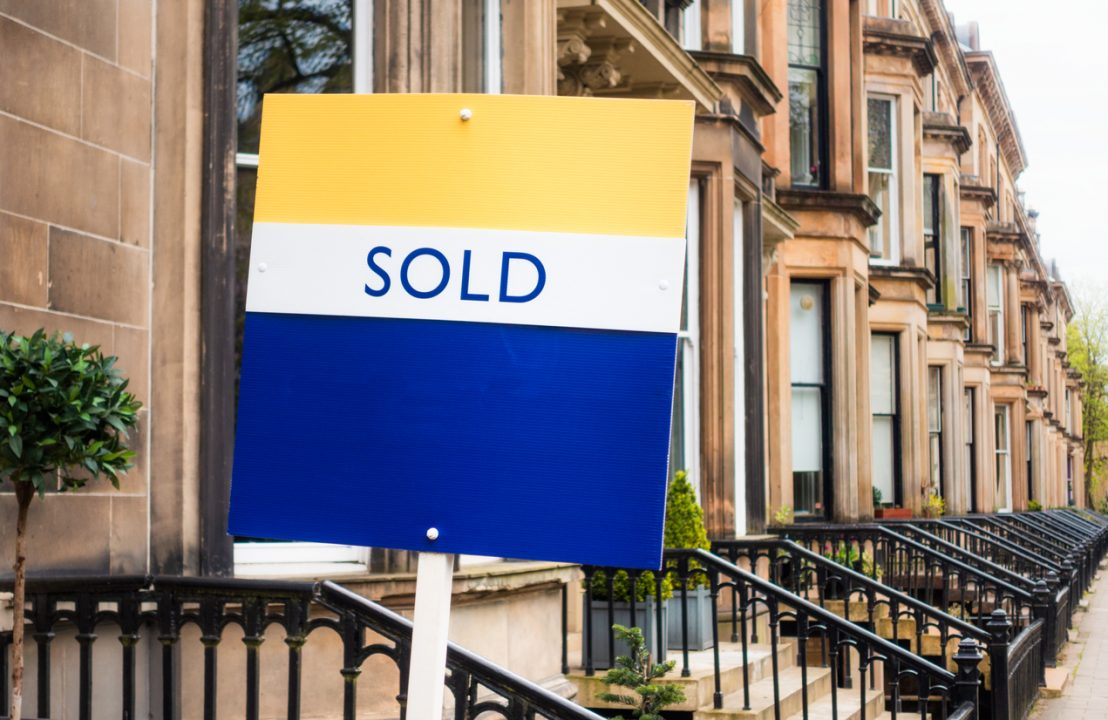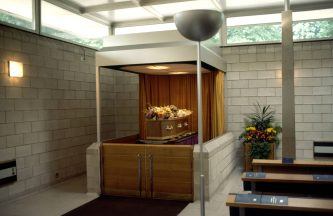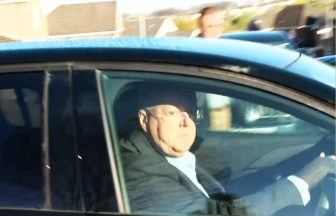The average cost of a home in Scotland has hit a record high of over £203,000, despite a slight drop in annual house price inflation according to the latest figures.
The House Price Index (HPI) report found Scotland saw the rate of annual house price inflation drop to +9.6% from +9.9%.
However, the average price of a Scottish home sits at £203,677, setting a new record high for the nation.
Across the UK, the average house price slipped back in July from a record high the previous month, marking the first month-on-month dip since June last year.
The annual rate of price growth across the country slowed to 11.8%, down from 12.5% in June.
A typical UK property now costs £293,221.
Wales was at the top of Halifax’s table for annual house price inflation, with prices there increasing by 14.7%.
In London, already record house prices were pushed even higher in July.
Russell Galley, managing director, Halifax, said: “It’s important to note that house prices remain more than £30,000 higher than this time last year.
“While we shouldn’t read too much into any single month, especially as the fall is only fractional, a slowdown in annual house price growth has been expected for some time.
“Leading indicators of the housing market have recently shown a softening of activity, while rising borrowing costs are adding to the squeeze on household budgets against a backdrop of exceptionally high house price-to-income ratios.
“That said, some of the drivers of the buoyant market we’ve seen over recent years – such as extra funds saved during the pandemic, fundamental changes in how people use their homes, and investment demand – still remain evident.
“The extremely short supply of homes for sale is also a significant long-term challenge but serves to underpin high property prices.
“Looking ahead, house prices are likely to come under more pressure as those market tailwinds fade further and the headwinds of rising interest rates and increased living costs take a firmer hold.
“Therefore a slowing of annual house price inflation still seems the most likely scenario.”
Nicky Stevenson, managing director of estate agent group Fine & Country, said: “Cheap debt is fast disappearing and, against this backdrop, we can expect to see a dampening effect as purchasing power continues to be eroded.
“While the housing market and broader economy do not always move in tandem, the recession predicted by the Bank of England is bound to have an effect on growth and consumer confidence.”
A package of Government cost-of-living support is being delivered in the months ahead, with households facing the prospect of soaring bills and shrinking real incomes for some time to come.
Alice Haine, personal finance analyst at Bestinvest, said: “Once a recession digs in, then the threat of job losses will raise its ugly head – damaging buyer confidence and dampening the market in the process.
“The real turning point could be the Bank of England’s decision yesterday to hike interest rates to 1.75%.”
The Bank of England raised the base rate by 0.50 percentage points on Thursday, taking it from 1.25% to 1.75%, marking the biggest single rate jump since 1995.
This will add around £50 per month to average tracker mortgage costs, based on average balances outstanding, according to calculations from trade association UK Finance.
Follow STV News on WhatsApp
Scan the QR code on your mobile device for all the latest news from around the country


 iStock
iStock

























